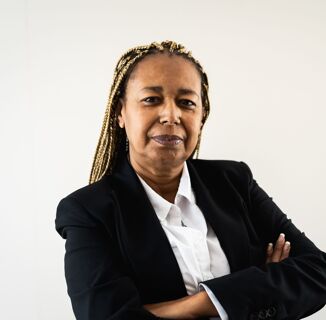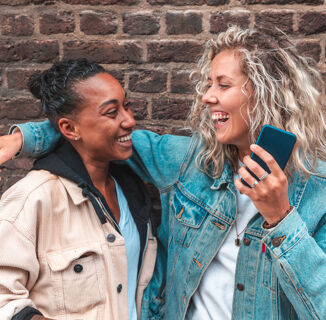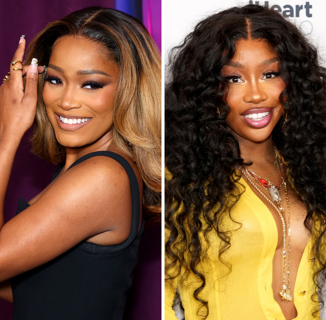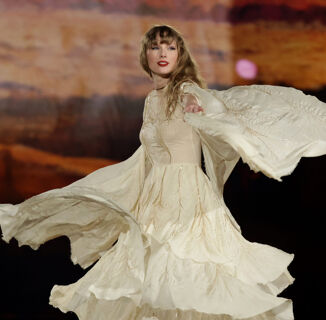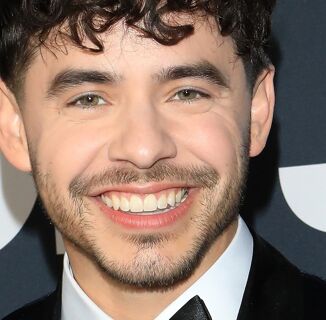On the night of September 16, 2017, my boyfriend Caden and I stood on a dark Atlanta sidewalk and watched in horror as Caden’s roommate and friend, Scout Schultz, was shot and killed by a Georgia Tech Police officer. After the shooting, we had no idea what to do. So Caden and I made our way back to the dorm room he shared with Scout. It was where I first met Scout.
We didn’t sleep that night. We didn’t really talk either. We just held each other, with only the coming and going of other roommates and friends to break the silence. We were lost.
In times of tragedy like this, it’s easy to focus on just the event. We all huddle around computer screens or televisions and watch as body counts, motives and identities are revealed. And then, we move on. We forget about it until the next senseless tragedy happens. And there we find ourselves again, glued to our screens wondering why this keeps happening.
No one talks about what happens when the news cameras leave. Amid the protests, funerals, arrests and vigils, there’s a handful of people trying to put it all back together. Families are left with an empty seat at the dinner table, witnesses are left with horrifying images in their head that they’ll never be able to shake, roommates are left with an empty room in their home and friends are left with a part of their group missing.
Putting your life back together after something like this isn’t easy. Your brain begins to play tricks on you. Your dreams, although they start off as just dreams, quickly turn into nightmares full of traumatic flashbacks. Random strangers on the street reaching into their pocket are potential shooters. Fireworks become gunshots. Police lights become sensory overload until you feel like you’re standing back on that sidewalk. Nothing is safe anymore and everything is corruptible.
But you have to take back control. For some people, that comes with medication and for others, therapy. But for myself, it was finding my own community. More specifically, it was forging my own community, something I’d never been too good at.
I grew up in rural Louisiana with not a queer person in sight. I lived my life safely, in the closet, until I was in college and able to take care of myself. I found my communities in small groups of friends, and eventually, a fraternity.
I’m an only child, so doing my own thing has kind of been my brand for as long as I can remember. Even among communities I’d forced my way into, such as that fraternity, I felt like an outsider. And that became more apparent when members of that fraternity slowly but surely pushed me out of it after I came out. I’d never truly found my people.
Fast forward a few years, and I’m moving to Atlanta. I told myself this would be it. This would be where I could finally find my people and truly be myself. And though it took me a while, and one heart-wrenching tragedy, I think I finally have.
After Scout’s death, I felt alone. I didn’t know Scout well. In fact, we’d only met a handful of times. But they made an impact on me. They were the first person I had ever met that identified as non-binary and also used they/them pronouns. They were a fierce activist and a beacon of hope to me and to the LGBTQ+ community in Atlanta. They were a sign that maybe, just maybe, I might be finding my people.
Just two months later, I, along with a fellow moderator of the r/lgbt subreddit and friend named Ash, launched Spectrum. We had been discussing it for months, but still reeling from Scout’s death and looking for something to do with my time, I took the initiative to get it started. It took a lot of coordination and was a lofty goal, but we did it. Spectrum is a server that operates on a voice and text communication platform called Discord. It’s a safe space for queer people to communicate and make friends.
We launched the server with the goal of it serving as a platform for subscribers of r/lgbt to get to know each other better and hold conversations in a more casual manner. But it outgrew that purpose quickly. It became this vibrant platform full of people of all ages, identities, races, and religions. It’s a plethora of diverse people with diverse backgrounds.
Spectrum, a server that I thought would be just a small group of people who used the subreddit frequently, has become a community. It’s a place that I love and appreciate dearly. It’s a place where I, the weird queer kid from a small Louisiana town that no one has ever heard of, am not alone. I receive messages from Spectrum members all the time about how it’s made a huge difference in their lives. High school kids with no other queer people in their school are able to make friends like them. Transgender people are able to connect with others and seek advice. People who aren’t sure of their identity are allowed the opportunity to ask questions and discuss their feelings with others.
We’re not alone anymore. We’re a community of people that love each other and are finding our places in the world together. As marginalized people, we have to stick together. Not just in fights for marriage equality or the freedom to pee in peace, but in life in general. We have to make a community. It’s the only way we’ll survive.
Scout’s death was a tragedy. It’s something I am still dealing with to this day. But it served as a catalyst for me to find my own way and forge my own community. It gave me the spark I needed to finally find my people.
Image via Getty
Help make sure LGBTQ+ stories are being told...
We can't rely on mainstream media to tell our stories. That's why we don't lock our articles behind a paywall. Will you support our mission with a contribution today?
Cancel anytime · Proudly LGBTQ+ owned and operated
Read More in Culture
The Latest on INTO
Subscribe to get a twice-weekly dose of queer news, updates, and insights from the INTO team.
in Your Inbox


